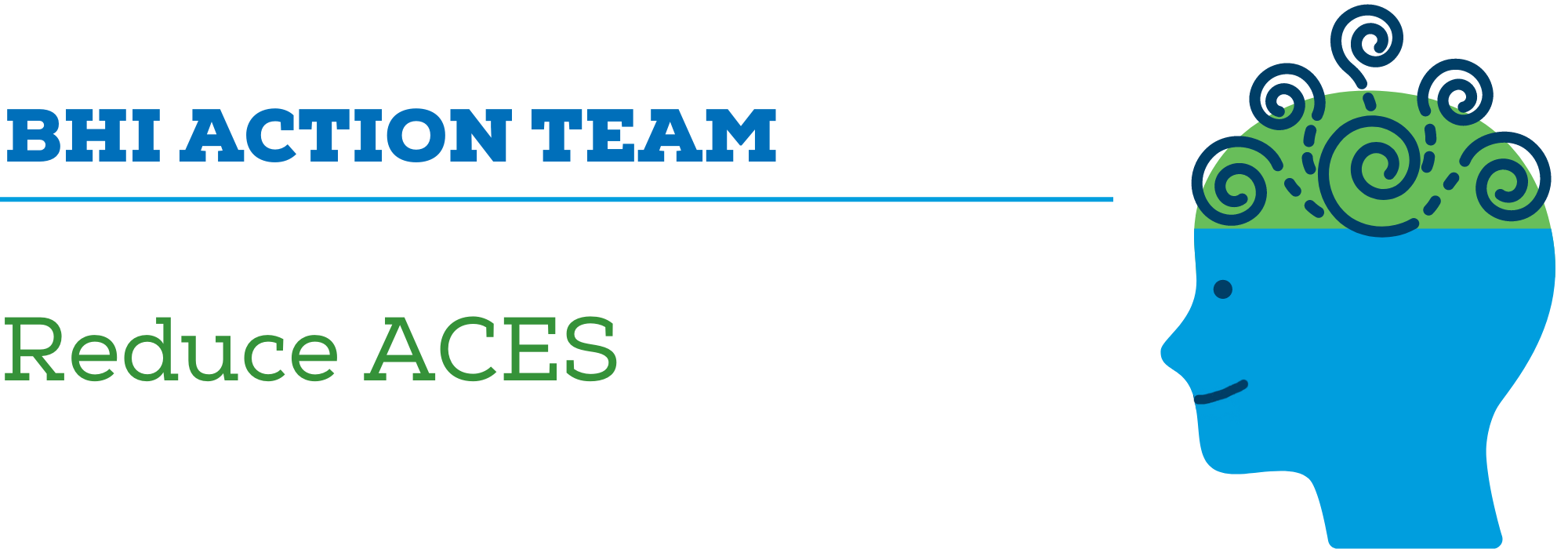
Project Name:
Reduce Exposure to Adverse Childhood Experiences
Team Leaders, Members and their Organizational Affiliations:
- Sharon Vreeland – 45th Parallel Resilience Network
- Mary Gruman – 45th Parallel Resilience Network
- Pam Singer – Midland Kids First
- Toni Leaf-Odette – Munson Healthcare
- Sue Miller – Leelanau County League of Women’s Voters
- Emily Turner – MDHHS
- Maureen Clore, MDHHS
September 2022 Behavioral Health Summit Materials
SUPPORTING DOCUMENTS
April 2022 Behavioral Health Summit Materials
SUPPORTING DOCUMENTS
![]()
